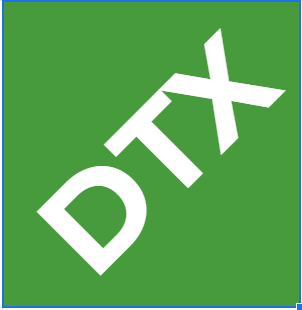Country-by-Country Reporting (CbCR) Risk Assessment Tool – OECD Benchmarking
1. What is CbCR?
Under Base Erosion and Profit Shifting (BEPS) Action 13, initiated by the Organisation for Economic Co-operation and Development (OECD), all large MNEs are required to prepare a country-by-country (CbC) report with aggregate data on the global allocation of income, profit, taxes paid and economic activity among tax jurisdictions in which it operates.
2. CbCR implementation status
58 jurisdictions required or permitted the filing of CbC reports for 2016 and more than 100 jurisdictions have law in place introducing a CbC reporting obligation. In addition, over 2900 relationships are in place for the exchange of CbC reports between jurisdictions. (source: OECD)
3. Anonymized and aggregated CbC reporting statistics by OECD
On 29 July 2021, OECD released the third edition of its annual Corporate Tax Statistics publication (the report) together with an updated database. The database includes anonymized and aggregated country-by-country (CbC) reporting statistics, reflecting information for the year 2017 in 38 jurisdictions. The OECD also published a list of Frequently Asked Questions on the data.
4. OECD Handbook on Effective Tax Risk Assessment
The Inclusive Framework has released a number of guidance and handbooks on the implementation and operation of CbC Reporting under BEPS Action 13.
- Guidance on the implementation of CbC Reporting
- Common errors made by MNEs in preparing CbC Reports
- Guidance on the appropriate use of information contained in CbC Reports
- Handbook on Effective Implementation
- Handbook on Effective Tax Risk Assessment
Especially, Handbook on Effective Tax Risk Assessment supports the effective use of CbC Reports in risk assessment process. The handbook describes how CbC Reports may be used by a tax administration to risk assess MNE groups including some of the tax risk indicators that may be identified.
5. Country-by-Country Reporting (CbCR) Risk Assessment Tool
MNE groups should be prepared to navigate the uncharted territory of increased tax transparency and global tax reforms.
Analyzing their CbC reporting positions should be a first and most basic step. MNEs armed with CbC reporting risk assessment will be better equipped to determine whether their global value chains have been properly documented, whether they should consider restructuring to reduce the risks (especially Transfer pricing risks) in potential controversy tax jurisdictions, or whether they should undertake other proactive risk mitigation actions.
DaTaxan has developed a Country-by-Country Reporting (CbCR) Risk Assessment Tool combines Transfer Pricing and Power BI expertise to provide clients a stress test of the groups transfer pricing through interactive data visualizations that effectively highlight CbC risks, and enable the MNE to timely perform appropriate adjustments to its global CbC risk profile.
The tool analyzes an MNE’s CbCR positions based on the risk criteria identified by the OECD, as well as other relevant factors with AI features. This helps the MNE to understand where it might best focus its efforts to manage Transfer Pricing risk.
The CbCR Risk Assessment Tool also allows Group to benchmark its own CbCR with OECD’s recent released Anonymised & Aggregated CbCR data.
Built with Power BI, this report template is very interactive and user friendly. Just replace the sample CbCR with your own CbCR and you are ready to go. Free data connection support, should you need any help from us.
Below is the tool with sample data for your free demo. Click here should you wish to install the App from Microsoft Appsource and use the tool with your own data to assess the impact to your business. We are happy to help!

Contact us
We are here to help. Pop in your details and we will contact you back.
or email us at: contact@dataxan.com
